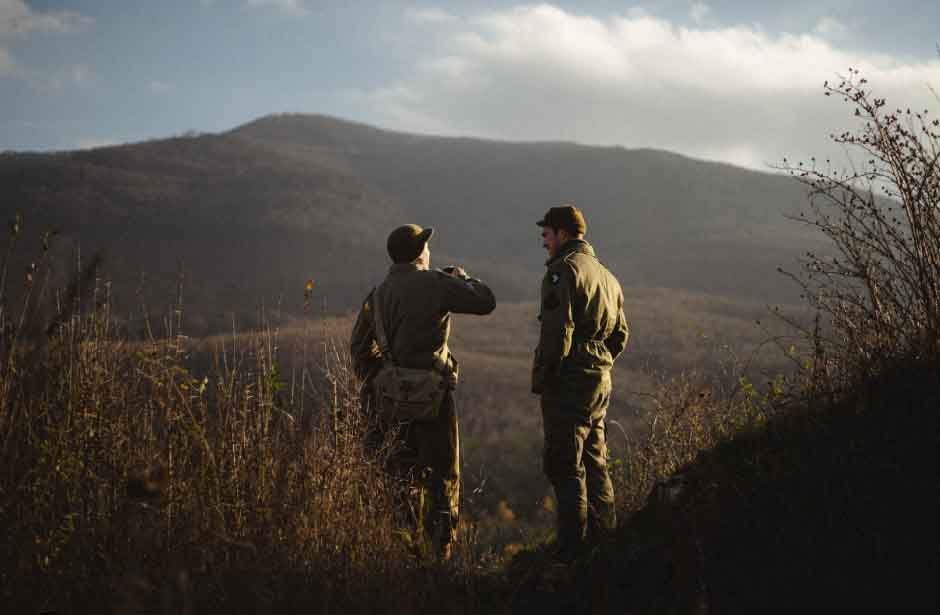Hunting seasons in the United States offer many opportunities throughout the year for hunting enthusiasts to pursue different game types. However, specific season dates can vary depending on the state, the game species, and the chosen method of hunting such as rifle, archery, or muzzleloader. Here’s an overview of the main hunting seasons.
General Overview of Hunting Seasons
So, what is hunting season? Hunting season is a designated period when hunters can legally hunt and kill specific kinds of wildlife. These periods help balance wildlife populations and ensure ethical and sustainable hunting practices. In most states, game species are categorized, and each animal has its designated season.
Key Hunting Seasons for Popular Game
This is going to get pretty straightforward because there isn’t much more than just telling you.
- Deer Hunting Season
- Season Start: Deer season typically begins in the fall, with most rifle seasons opening in October. Archery seasons often start earlier, around September, providing archers with a longer season.
- Variations: Some states offer late deer seasons extending into December or January, especially for archers and muzzleloader hunters.
- Turkey Season
- Spring Season: Most states open their spring turkey hunting seasons in April, continuing through May. This season takes advantage of the turkey mating period when turkeys are more active.
- Fall Season: Some states offer a fall turkey season, which provides additional opportunities but may be subject to different regulations like reduced bag limits or restricted areas.
- Waterfowl Hunting Season
- General Season: For ducks, the season typically starts in October and can run into January, aligning with the migratory patterns of the birds.
- Geese and Other Waterfowl: Goose seasons often parallel duck seasons but can include special early or late seasons to manage local populations.
- Bear Hunting Season
- Spring and Fall Seasons: Bear hunting is usually split into spring and fall seasons, with spring hunts typically running from April to June and fall hunts from September to November. Specific dates can vary based on bear activity and population concerns.
- Elk Hunting Season
- General Elk Season: Most general rifle seasons for elk start in October. Archery and muzzleloader seasons might begin earlier, around August or September.
- Special Hunts: Some states offer limited entry hunts for trophy elk, which require special permits obtained through lotteries due to the high demand and low supply of tags.
Hunting Invasive and Non-Native Species
In many states, certain non-native or invasive species such as feral hogs or Eurasian collared doves can be hunted year-round. These species are usually not subject to the same strict regulations as native game due to their impact on local ecosystems and the desire to control their populations.
Tips for Planning Your Hunting Season
- Check Local Regulations: Always refer to the wildlife agency of the state where you plan to hunt for the most current season dates and regulations.
- Understand License Requirements: Different states may require different types of hunting licenses or permits, especially for big game or limited-entry hunts.
- Be Aware of Bag Limits and Special Rules: Bag limits, special area restrictions, and specific rules regarding baiting or the use of dogs can vary widely.
Where to get Hunting Gear
Having the right gear is important for a successful hunting trip. Hunters can find equipment at sporting goods stores, specialty outdoor retailers, and online platforms that offer a wide range of products from firearms and ammunition to camouflage clothing and camping equipment. Additionally, pawn shops can be an excellent resource for hunting gear. Often overlooked, pawn shops frequently carry a variety of used firearms, optics like scopes and binoculars, and other hunting essentials at reduced prices. This makes them a great place to check for deals, especially for those looking to outfit themselves on a budget. When purchasing from a pawn shop, it’s important to ensure that all gear is in good working condition and that firearms are legally registered.
Across the United States, hunting seasons are thoughtfully regulated to balance recreational opportunities with conservation goals. Whether pursuing deer in the dense forests of the Northeast, elk in the Rocky Mountains, or waterfowl along the Gulf Coast, hunters are encouraged to familiarize themselves with local laws to ensure a responsible and successful hunting experience.



